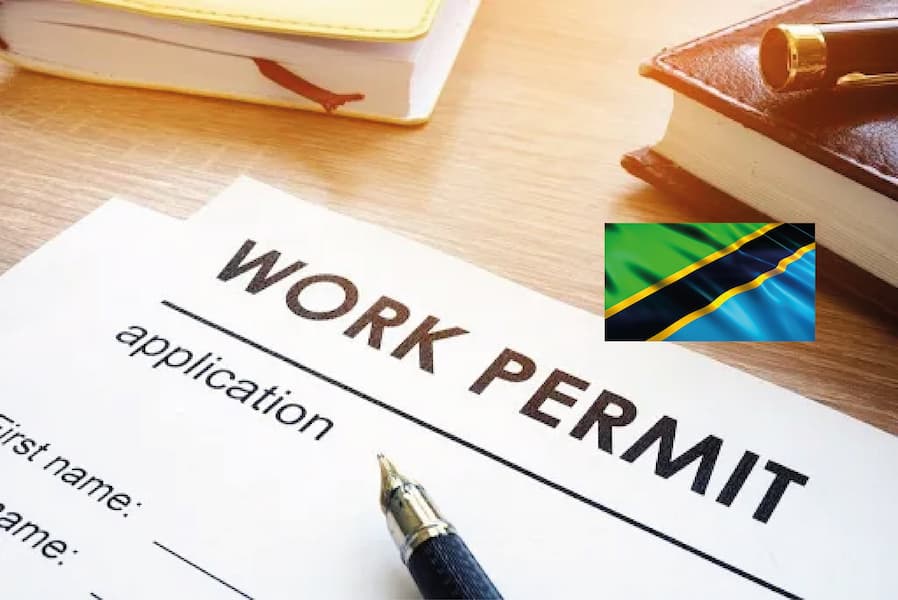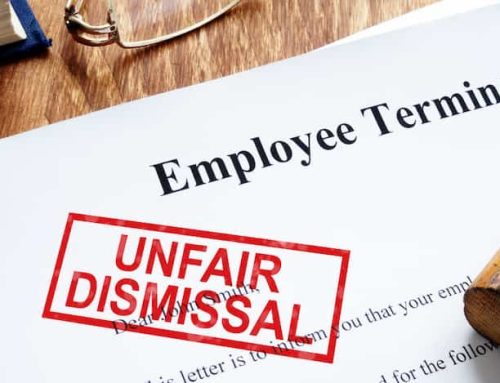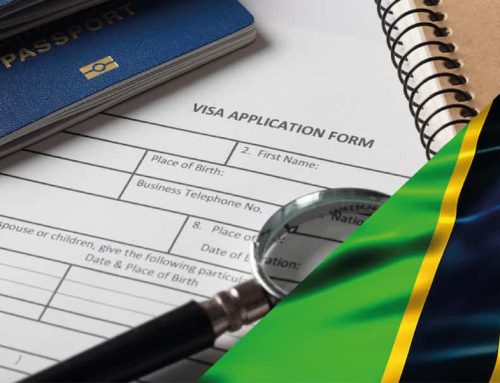Obtaining Work and Residence Permits for Foreigners in Tanzania
A resident permit is a legal document that permits a foreigner to reside in the United Republic of Tanzania. Meanwhile, Work permits allow foreigners to work or engage in business activities in Tanzania. One can apply for a resident and work permit by making and submitting an application to the Ministry of Home Affairs and Ministry of Labour, Youth, Employment and Person’s with Disability respectively. Work permits are processed by the respective employer on behalf of the foreign employee.
RESIDENCE PERMIT
Are issued by the Commissioner of immigration and are classified as follows;
Class A – issued to self-employed foreign investors intending to invest in prospective areas like mining, business, forestry, industry, etc. Their application is done through Tic or directly to immigration headquarters.
An investor eligible for a class A working permit can acquire a class A residence permit.
This class is categorized into five other classes.
| Sub Class A | Issued To |
| A-1 | An investor who intends to invest in the prospecting of mineral or mining |
| A-2 | An investor who intends to engage in large-scale investment, trade, and business including agriculture and animal husbandry |
| A-3 | Members of the prescribed profession in possession of prescribed qualifications intending to practice such profession and consultancy services |
| A-4 | Investors who have been residing in the country and engaged in small-scale trade, business, artisanship, fishing, farming, or any other legally recognized activity |
Class B – issued to foreigners employed by companies or institutions, who possess technical skills or high-skill positions in Tanzania not available in the local market. This permit has to be requested before entering the United Republic of Tanzania. This permit is classified into,
B-1 where this is given to persons who have been offered specific employment by a specific employer and have acquired qualifications and experience.
B-2 is given to professionals, technicians, and associates professionals from EAC partner states as prescribed in the schedule to the EAC common market protocol (free movement of workers regulations)
Class C – issued to missionaries, students, volunteers, parties in the case, witnesses in a case, researchers, and other retired individuals or those attending medical treatment. This permit must be requested before entering Tanzania.
This class is specifically classified as follows;
| Subclass | Issued To |
| C-1 | A person approved by a competent authority to conduct research in the country. |
| C-2 | Retired persons who have an adequate income to sustain them and their dependents while residing in the country |
| C-3 | persons engaged in religious activities approved by the government (missionary) |
| C-4 | employees previously held residence permits class B requiring to wind up affairs immediately after termination of their employment contract. |
| C-5 | persons engaged in non-renumerated activities on a volunteer basis |
| C-6 | Persons attending medical treatment at a recognized medical institution |
| C-7 | Persons employed in NGO’s or as a professional artist |
| C-8 | Persons attending courts and tribunals as parties or witnesses |
WORK PERMIT
Foreigners who wish to work in Tanzania must comply with the requirements outlined in the Non-citizens (Employment Regulation) Act of 2015. According to the Act, it is illegal for foreigners to work in Tanzania without a valid work permit. To obtain a work permit in Tanzania, the applicant must submit an application to the labor commissioner. The person who wishes to employ a foreigner in Tanzania must submit an application which shall be subject to approval. There are several classes of work permits, as laid out under Section 13 (1) of the non-citizens (employment regulation), classified depending on the purpose of the work. These are elaborated below as follows;
WORK PERMIT CLASS A
These permits are issued to foreign investors who are self-employed and regarded as shareholders of the businesses or entities registered in Tanzania. A foreigner who wishes to invest may be registered with the Tanzania Investment Center (TIC) or the Export Processing Zone Authority (EPZA) for Tanzania Mainland. The work permit is valid for two years subject to renewal. Section 12 of the non-citizens (employment regulation) further provides that, that an investor can have a work permit for up to 10 years when the investment is of great value.
WORK PERMIT CLASS B
This permit is given to a non-citizen who has a specific profession. It is offered to highly skilled positions and includes doctors, accountants, teachers, engineers, experts in oil and gas, teachers and university lecturers and so forth. A person qualifying to work under class B must apply for a residence permit falling under class B.
WORK PERMIT CLASS C
This is issued to non-citizens in possession of all other professions. A non-citizen qualifying to work under this class must apply for a residence permit B.
WORK PERMIT CLASS D
This class is issued to a non-citizen who is employed or engages in registered religious and charitable activities. Such non-citizens can also receive a residence permit class C-1
WORK PERMIT CLASS E
This permit is issued to refugees; to persons who have acquired a refugee status in Tanzania subject to the Refugee Act.
Basic requirements for the Work and Residence Permits:
- Justification letter
- Dully filled application form
- Two (2) soft copy of recent passport size photographs with blue background
- Copy of a Valid Passport (Validity should not be below six months before expiry)
- Scanned copies of original Academic/Professional certificates.
- Translated documents and scanned copies of certificates before translation if any.
- Detailed Curriculum Vitae/ Resume
- Employment/Engagement Contract
- Detailed Job Description.
- Return on Employment of Non-Citizens (there is a specific form for this). The ratio is 1:10 foreign to local citizen respectively.
- Industrial/Business/Operating Licence of the employing company
- Proof of payment of prescribed fee for Work Permit (Original Pay in Bank Slip)
- Proof of registration with NSSF and WCF and current contribution records from the Employer
- Certificate of Tax Identification Number (TIN) of the employer
- Certificate of Value Added Tax (if any) of the employer
- Current Tax Clearance Certificate of the employer
- Certificate of Incorporation/Certificate of
- Compliance / Registration of Companies, NGOs,
- Introduction letter authorizing employee of the Organization to apply and make a follow up of Work Permit application and copy of such employee’s Work Identity Card.
It is important to note that the work and residence permits once granted are valid for a period of two years only subject to renewal after every such period to the maximum of five (5) years for foreigners employed in Companies in Tanzania. For Investors and self-employed being directors and shareholders of an existing entity the permits shall be valid for a period two years too subject to renewal for an unspecified time given that the company is still a going concern.
Disclaimer:
This publication has been prepared for information purposes only, and it does not constitute professional advice. You should not act upon the information contained in this publication without obtaining specific professional advice. No representation or warranty is given as to the accuracy or completeness of the information contained in this publication, and, to the extent permitted by law, Cymbell Attorneys, its partners, employees and agents do not accept or assume any liability, responsibility or duty of care for any consequences of you or anyone else acting, or refraining to act, in reliance on the information contained in this publication or for any decision based on it.






